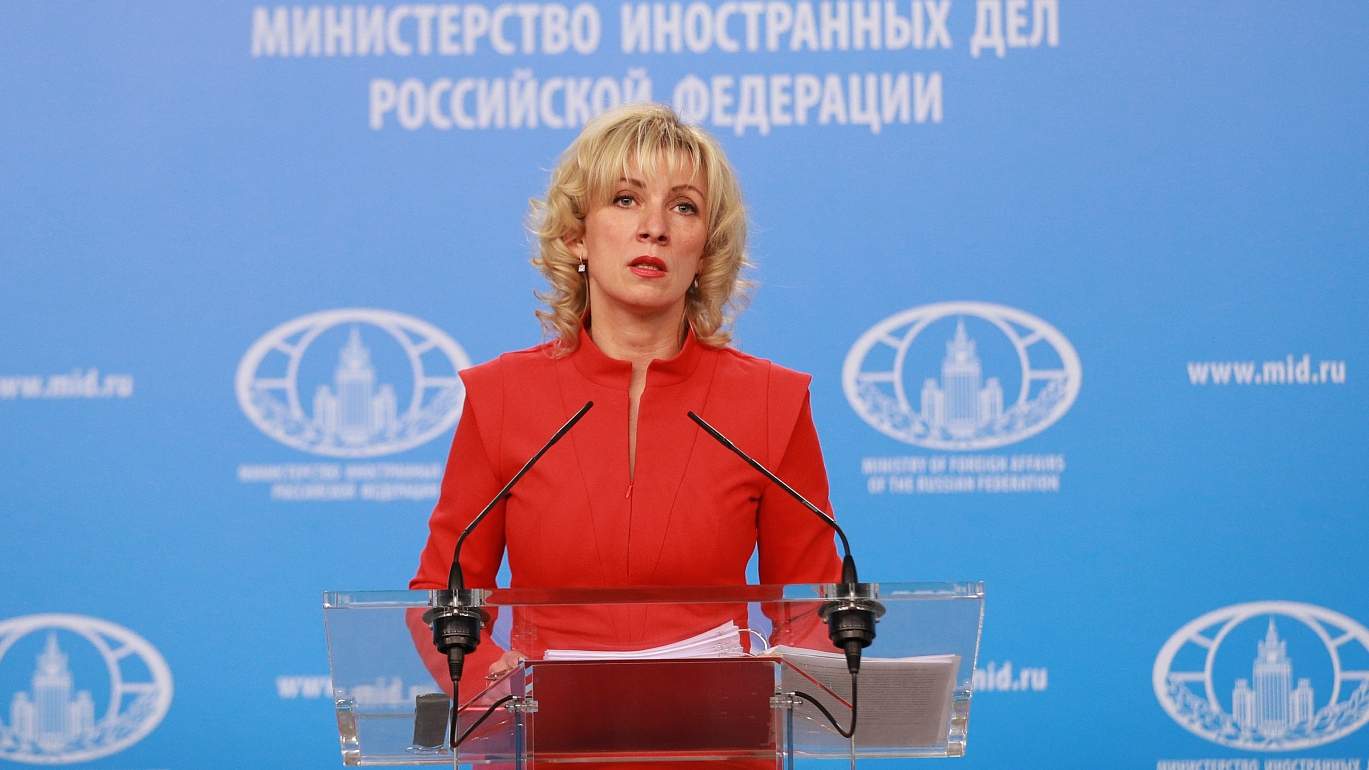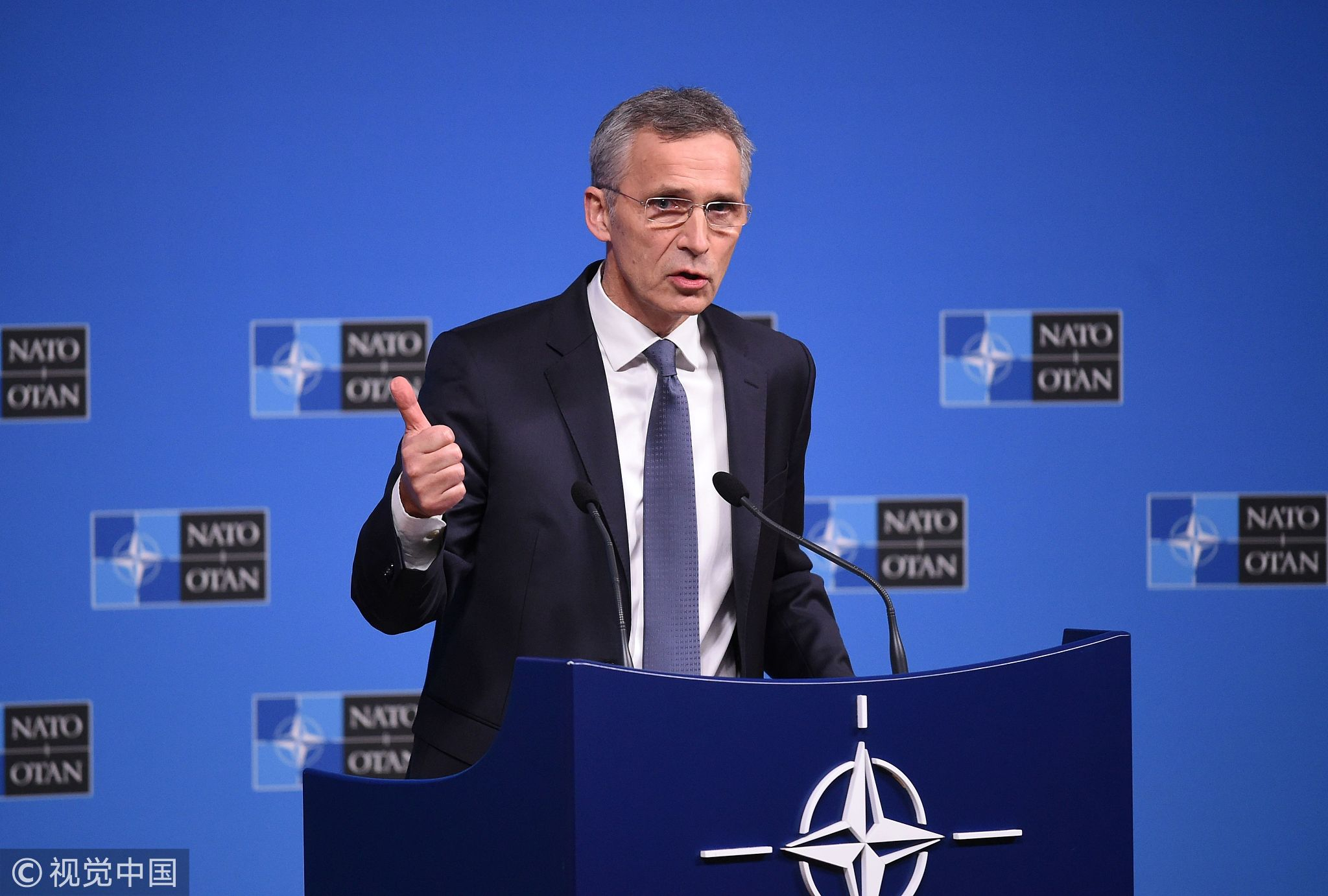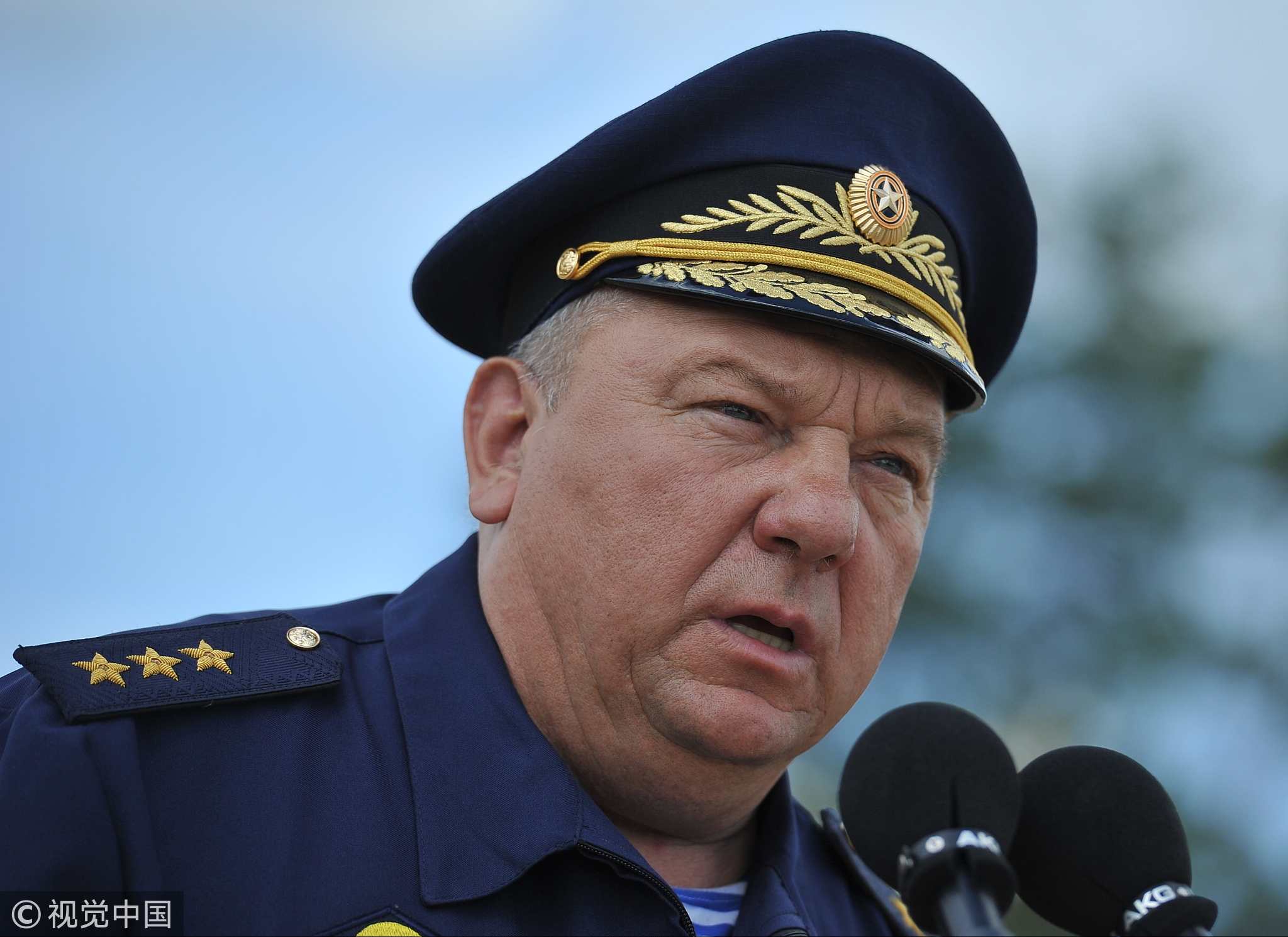
Politics
10:29, 05-Dec-2018
Russia says U.S. knows it strictly complies with INF Treaty
Updated
09:47, 08-Dec-2018
CGTN

Russia fully adheres to the provisions of the Intermediate-Range Nuclear Forces (INF) Treaty, which the U.S. knows well, Russian Foreign Ministry said on Tuesday, in response to the latest statements by the U.S. and its allies that urged Moscow to return to full compliance with the agreement.
"Russia strictly abides by the provisions of the INF Treaty, and the American side knows this," said Maria Zakharova, a spokesperson for the ministry, while commenting on the statements by officials of the U.S. and the North Atlantic Treaty Organization (NATO) on the matter.
Earlier in the day, U.S. Secretary of State Mike Pompeo said during a press conference in Brussels that the U.S. would suspend its obligations under the INF Treaty in 60 days unless Russia returns to full compliance with the agreement.
NATO secretary general Jens Stoltenberg later urged Moscow to take the "last chance" to preserve the key arms control agreement by demonstrating its compliance as requested by Washington.

Jens Stoltenberg, secretary general of NATO, during a press conference in Brussels, Belgium, December 4, 2018. /VCG photo
Jens Stoltenberg, secretary general of NATO, during a press conference in Brussels, Belgium, December 4, 2018. /VCG photo
The foreign ministers of NATO member countries said on Tuesday in a statement that they supported the U.S. finding that Russia is in "material breach" of its obligations under the INF Treaty and called on Russia to return urgently to full and verifiable compliance.
In October, U.S. President Donald Trump said U.S. would pull out of the INF Treaty on account of Russia's alleged breach of the agreement, which Moscow repeatedly denied.
Echoing Zakharova's remarks, Vladimir Shamanov, head of the Defense Committee of Russian State Duma lower house of parliament, refuted the "groundless" accusations by the U.S. and the NATO.
"Russia is not the kind of country one can give ultimatums. Russia, too, has questions for the U.S., ones that they have left unanswered. Hence, we are not going to reply to their false accusations," Interfax news agency quoted Shamanov as saying.

Vladimir Shamanov, former commander-in-chief of the Russian Airborne Troops, July 9, 2014 /VCG photo
Vladimir Shamanov, former commander-in-chief of the Russian Airborne Troops, July 9, 2014 /VCG photo
Russian officials warned that Moscow would take retaliatory measures if Washington withdraws from the INF Treaty.
"We will answer in a reciprocal way: if the U.S. leaves the INF Treaty and deploys medium-range and short-range missiles in Europe, Russia will increase the number of such missiles in the European part of its territory," Vladimir Dzhabarov, deputy head of the International Affairs Committee of Russia's upper house, was cited by Sputnik news agency as saying.
It is also possible for Russia to deploy intermediate-range missiles, and primarily cruise missiles, in Latin American countries like Cuba, once the INF Treaty is terminated, according to Leonid Ivashov, former head of the Russian Defense Ministry's main department for international military cooperation.
The INF Treaty was signed in 1987 between the Soviet Union and the U.S. on the elimination of intermediate-range and shorter-range missiles. The deal marked the first-ever pact reached by Washington and Moscow on nuclear disarmament and a major step forward in restricting arms race.
Russia and the U.S. have been accusing each other of violating the agreement in recent years amid increasing tension between the two countries.
(Top image: Maria Zakharova, a spokesperson for Russian Foreign Ministry, during a press briefing in Moscow, Russia, April 19, 2018. /VCG photo)
Source(s): Xinhua News Agency

SITEMAP
Copyright © 2018 CGTN. Beijing ICP prepared NO.16065310-3
Copyright © 2018 CGTN. Beijing ICP prepared NO.16065310-3